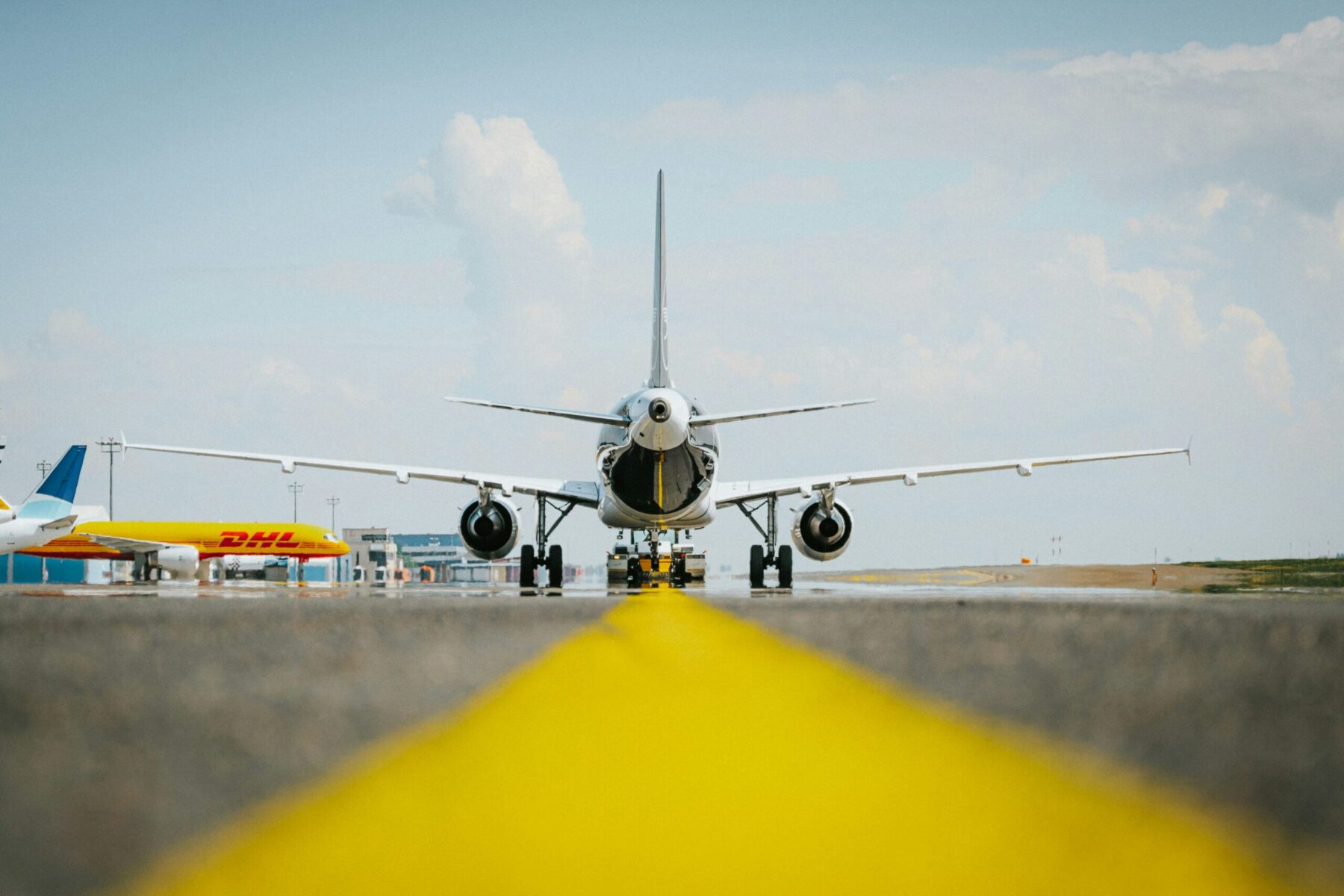
About CLADEC
The Conference of Latin American & Caribbean Express Companies promotes and defends the interests of its member companies, affiliated associations and, more importantly, those of the users of their services.
Since it was founded in 1991, CLADEC has advocated for customs modernization, reduction of bureaucracy, efficiency in import and export processes and other international trade related goals. Progress in the above-mentioned areas will allow successful access to global marketplaces, contribute to economic growth and create well-paying jobs.
In addition to DHL, FedEx and UPS, the three largest global express companies, currently sixteen national express industry associations from throughout the region are affiliated to CLADEC.
The organization supports full implementation of trade facilitation measures and effective automation of import and export processes. CLADEC fosters diversity and recognizes the importance of contributing to sustainable transportation networks.
CLADEC supports the efforts of the World Trade Organization and World Customs Organization to achieve and maintain a global trading environment that is efficient and compliant with all applicable laws and regulations.
CLADEC also supports the regional efforts of multilateral organizations, such as the Inter-American Development Bank, the World Bank, IATA and the OECD. CLADEC partners with the Global Express Association (GEA) and the Express Association of America (EAA) to advance global and regional express industry objectives.
CLADEC member companies provide cutting-edge, expedited transportation and related services connecting Latin America and the Caribbean to over 220 countries and territories around the world. Express companies play a key role in today’s’ global, digital economy. Our services also facilitate booming e-commerce activity and enable micro, small and medium-sized enterprises (MSMEs) to connect to global markets.
Our Members



Country Associations
Cladec History
Organizational Structure
CLADEC is managed by an executive board made up of the regional top executives of DHL, FedEx and UPS.
CLADEC currently has sixteen national express industry associations affiliated with CLADEC. The national associations are key to the success of CLADEC’s advocacy efforts.
An Executive Director oversees the implementation of CLADEC’s strategy manages activities, projects and coordination with the affiliated associations.
An Executive Committee, made up of key representatives of the three companies, report to the Executive Board. The Executive Committee directs the advocacy efforts of the organization and guides the work of CLADEC’s Technical Committee and executive director.
The Technical Committee, made up of two representatives from each of the three companies, is directly responsible for addressing regional opportunities and challenges. The Technical Committee works directly with the sixteen national express industry associations and the executive director.
The success of the express delivery can also fuel the success of business, the primary creators of jobs around the world. Many of these smaller companies don’t have access to the transport infrastructure enjoyed by many larger companies, according to the Oxford Economics report, and rely on express delivery to be a central provider of both goods for production and a shipper of goods to end customers.
Board of Directors
Executive Director
